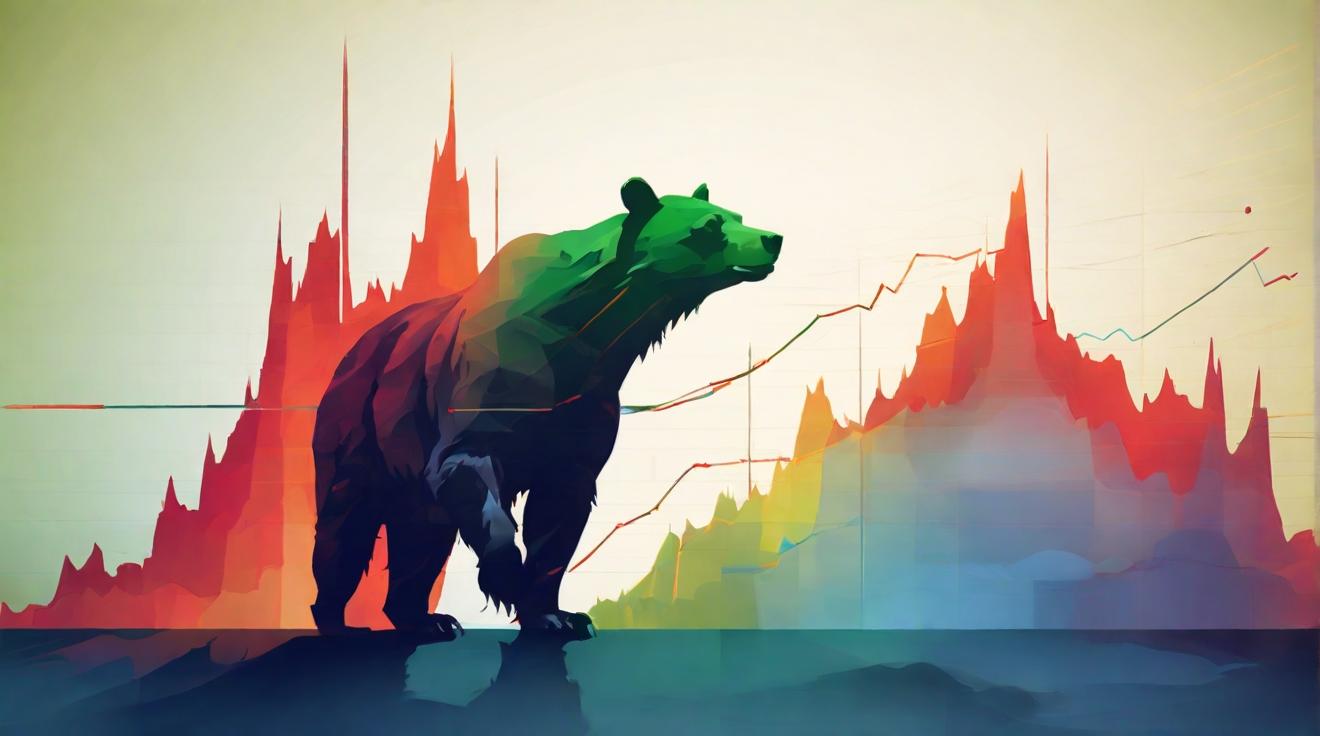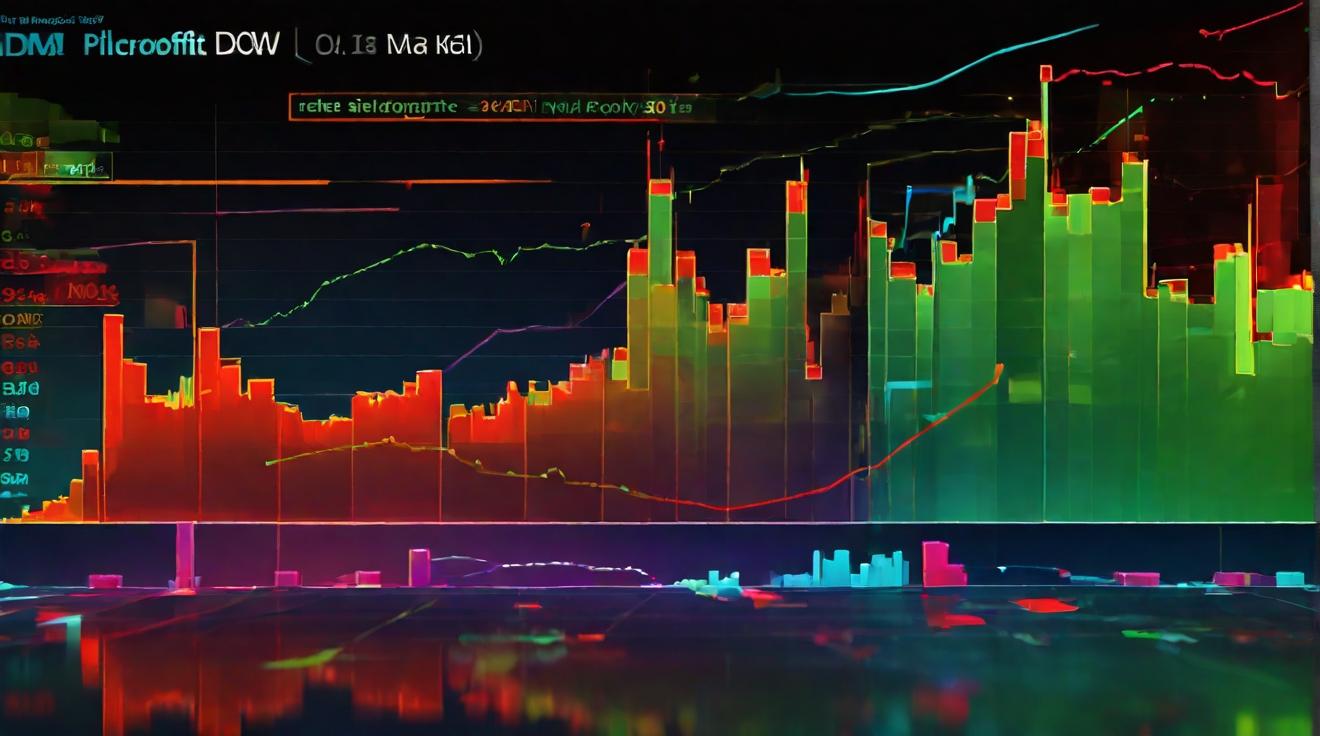Match Group Faces Lawsuit Over Dating App Addiction Claims
In a significant legal development, Match Group, the corporate behemoth behind popular dating platforms such as Tinder, Hinge, and The League, is currently embroiled in a class-action lawsuit. This legal action accuses the company of engineering its applications to foster compulsive usage among users, a strategy alleged to boost its profit margins at the expense of genuine relationship-building opportunities.
Filed in the U.S. District Court for the Northern District of California, the lawsuit, Oksayan et al v MatchGroup Inc, case number 24-00888, represents plaintiffs from diverse geographical backgrounds including California, Florida, Georgia, and New York. These individuals argue that Match Group's business model is inherently "predatory". They contend that the firm's algorithms promote an addictive cycle of engagement, contradicting its advertising claims that its apps are "designed to be deleted".
Match Group, headquartered in Dallas, has vehemently denied these allegations. In a defiant rebuttal, the company labeled the lawsuit as "ridiculous" and without merit. According to Match, its operational ethos is not anchored in user engagement metrics or advertising. Instead, it claims a consistent effort to facilitate real-world connections, striving to reduce app dependency among its user base.
The legal contention mirrors broader concerns within the tech industry regarding ethical design practices. Similar accusations have been leveled at other tech giants, implicating platforms developed by Alphabet, Meta Platforms, ByteDance, and Snap in cultivating addictive user behaviors, particularly among younger demographics.
This lawsuit emerges amidst a shifting landscape within the dating industry. A Pew Research Center survey highlighted in July 2022 revealed that a notable portion of American adults in committed relationships met their partners via online dating services. This statistic underscores the significant role these platforms play in modern social interactions, yet raises questions about the long-term impact of their use.
Ryan Clarkson, representing the plaintiffs, has emphasized the detrimental effects of app designs that prioritize user retention through gamification over meaningful human connection. Alleged practices such as "breadcrumbing" and "ghosting" are cited as byproducts of business strategies that prioritize profits over people, contributing to increased feelings of loneliness, anxiety, and depression among users.
The lawsuit seeks unspecified damages for affected individuals who utilized the paid services of Tinder, Hinge, or The League within the past four years. Furthermore, it calls for the implementation of new warnings concerning potential addiction risks and the removal of misleading marketing claims.
As the case progresses through the legal system, its outcomes could have far-reaching implications not only for Match Group but also for the broader online dating industry and its regulatory landscape.
Analyst comment
Neutral news.
As an analyst, the market may experience some volatility for Match Group in the short term due to the lawsuit and the potential for negative publicity. However, the long-term impact will depend on the outcomes of the case and any potential changes in regulations for the online dating industry.













